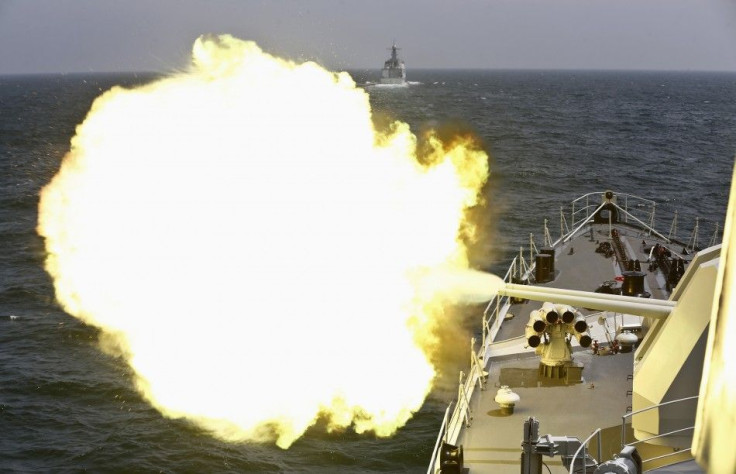Australia highlights India's crucial role against China, South China Sea militarisation

The South China Sea is a sensitive terrain especially following China's militarisation efforts. Australia called out such move as a form of aggression and intimidation while looking over to India to emphasise its role in maintaining order not just in the Indian Ocean region, but also on a global scale.
"Territorial disputes continue to risk regional stability and create uncertainty. One issue that has attracted a lot of international attention in recent months is the South China Sea. Australia has a legitimate interest in the maintenance of peace and stability, respect for international law, unimpeded trade and freedom of navigation and overflight in the South China Sea," The Economic Times quoted Australian Defence Minister Kevin Andrews.
The minister stressed that Australia is well aware India's "critical role" in promoting prosperity and stability in the Indian Ocean region, which include wider global order. The Australian Minister has also previously proposed strengthening defence ties with "key strategic partner" India as well as quadrilateral naval exercise with the US and Japan.
Furthermore, Andrews claimed that Australia supports practical implementation of commitments based on the Declaration on Conduct of the Parties in the South China Sea. He further proposed having a Code of Conduct governing the South China Sea.
This comes at a time when China, on top of militarising South China Sea, proposed cutting down its military troops to as many as 300,000 as a sign of peace. President Xi Jinping said that such move is timely, considering its neighbouring countries are growing increasingly worried over its military power and territorial claims. The president further claimed that the military is “loyally committed to its sacred duty of defending the security of the motherland and the peaceful life of the people, and loyally committed to the sacred duty of safeguarding world peace," according to the New York Times.
Contact the writer at feedback@ibtimes.com.au, or let us know what you think below.





















